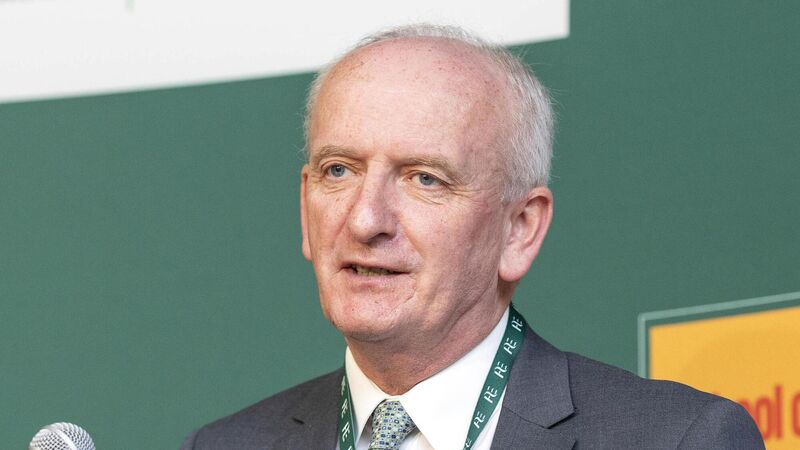Gloster to tell PAC there are 'many positive aspects' to care at UHL

Bernard Gloster said: 'We are absolutely determined to overcome the challenges that are experienced there (at UHL), particularly at the point of emergency access.' File picture: Arthur Ellis.
The head of the HSE says there are “many positive aspects” to the care delivered at University Hospital Limerick, despite the record overcrowding which has blighted the hospital’s emergency department.
Bernard Gloster is set to tell the Public Accounts Committee on Thursday of his “concern” that the balance regarding the things UHL does well "often loses out to an either/or view, good or bad”.
















